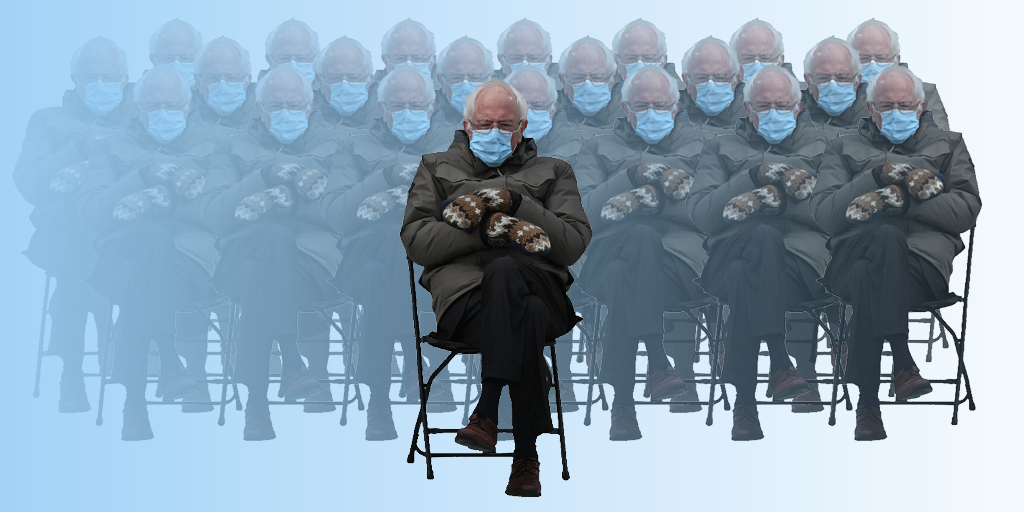
"A meme is defined as an element of a culture or system of behaviour passed from one individual to another by imitation or other non-genetic means."
— Lexico
Humorous images that are a bit offbeat and sometimes cryptic are being repeated on your Facebook or Instagram feed… Some of them seem identical while others are slightly or significantly different.
Without realizing it, you may have entered the world of memes (pronounced meems).
Web artefact
Offering new opportunities to be witty, memes are an emerging form of expression in web culture that have been shared online mainly since the early 2000s.
They’re a mode of expression whose meaning depends on the context, like an inside joke among friends.
Instead of being limited to the members of only one social group, memes are distributed widely on the internet.
Infinitely reproducible
A single meme can be repeated thousands or even millions of times.
It’s common for internet users to encounter memes, embrace them and reproduce them in any way they can imagine.
Out of context
The starting point for a meme is often an impactful image on the web (think: unflattering photo of a celebrity) that can be repurposed to deliver a specific message.
The image is then adapted by social media users who add a funny phrase and/or modify it to refine and customize the point they’re trying to make.
Famous example
You’ve probably already seen different versions of the meme showing Bernie Sanders grumpily sitting with his legs and arms crossed, wearing mittens.
That meme is truly a depiction of someone who has better things to do than what’s they’re currently doing.
Online users adapted the original photo of Sanders by changing the context to illustrate every kind of situation that can lead you to want to be somewhere else.
Word origin
The origin of this web term is in another field entirely: evolutionary biology. In that field, the meme refers to anything that is reproduced.
In 1973, British biologist and evolutionary theorist Richard Dawkins coined the term meme in an attempt to explain how the smallest pieces of language replicate.
History of memes
The first known meme made its debut during the Second World War. American soldiers got into the habit of drawing a cartoon figure named Kilroy and writing the words “Kilroy was here” wherever they were stationed in Europe to indicate to other troops that they’d been there.
“Kilroy was here is a meme … typically seen in graffiti. … the phrase and the distinctive accompanying doodle became associated with GIs in the 1940s: a bald-headed man … with a prominent nose peeking over a wall with his fingers clutching the wall.”
What makes a good meme?
It’s very hard to predict what makes the perfect meme.
A joke about current affairs, such as the Bernie Sanders photo taken during Joe Biden’s inauguration in January 2021, can be hilarious at the time but can also quickly lose its popularity.
Conversely, a joke about a universal subject can end up resonating with a large number of online users and have lasting appeal even though reactions were more muted at the beginning.
Why use memes?
Memes are part of web humour and can be powerful vehicles for communicating a message if they’re well crafted.
Authors and artists use memes to express themselves and give free rein to their creativity. Some of them even call themselves Net Artists.
Brands have recently been trying to gain a foothold in the meme world. They’re interested in taking advantage of this trend so they can attract attention and promote themselves in an effort to get consumers to interact with their content.
Takeaways
A meme is a form of humorous expression that’s popular because it can be quickly and easily reproduced and distributed.
The widespread availability of memes online encourages artists and businesses to adopt this communication method to express themselves and/or promote their products and services.
The rising popularity of memes may even raise some issues when it comes to copyright.
Dig into it: Memes and copyright





